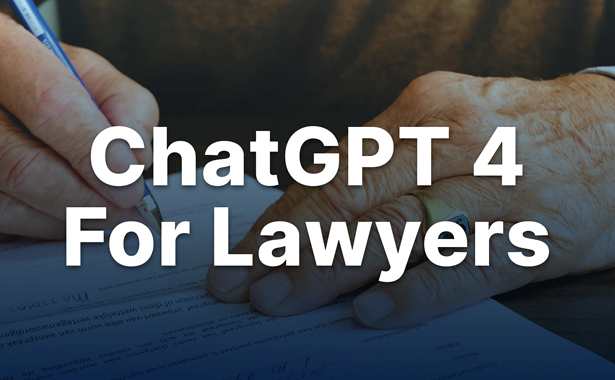Dismissal for Want of Prosecution (DWOP)
Dismissal for Want of Prosecution (DWOP) is a legal term used in civil litigation, particularly in the United States. It refers to the dismissal of a case due to a lack of prosecution or inactivity by the plaintiff (the party who filed the lawsuit). The specific procedures and rules regarding DWOP may vary by jurisdiction. Still, the general idea is that if a case is not actively pursued or has a prolonged period of inactivity, the court may dismiss the case.
DWOP typically occurs when there has been a significant lack of activity in a case. It could include failing to file necessary documents, respond to court orders, or move the case forward. Whether a court will issue a DWOP order is often within the court’s discretion. The court may consider factors such as the reasons for the inactivity, the overall progress of the case, and any efforts made by the parties to move the case forward. Parties involved in a legal case in the U.S. need to be aware of court deadlines, respond to court orders, and actively pursue their claims. Failure to do so may result in the court issuing a DWOP order and ultimately dismissing the case.
Before dismissing a case for want of prosecution, the court may provide notice to the parties involved, allowing them to explain the lack of progress or take appropriate actions to move the case forward. In some cases, a party may be able to seek reinstatement of the case after it has been dismissed for want of prosecution. It may involve demonstrating good cause for the inactivity and filing the necessary motions or documents to request reinstatement.



